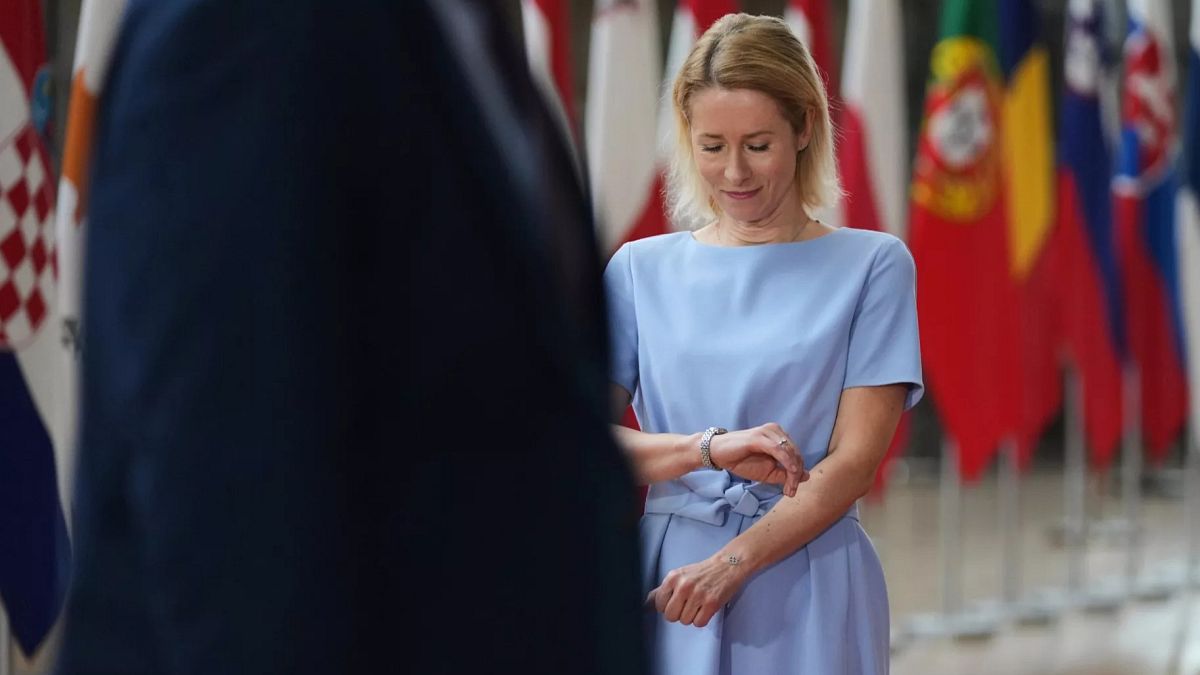

In a world marked by interconnected challenges and opportunities, recent developments in international policy-making and human rights protection highlight the varied approaches countries and organizations take to address pressing issues. From the corridors of European diplomacy to rulings from international courts, these narratives collectively shape a landscape of hope and responsibility.
In Europe, the European Union is contemplating measures to address human rights concerns related to Israel. Following a request by the 27 EU leaders, the bloc’s foreign affairs chief, Kaja Kallas, is set to outline five potential courses of action in response to the situation in Gaza. This initiative underscores Europe’s cautious, yet firm stance on leveraging diplomatic channels to advocate for the observance of human rights.
Meanwhile, in an unexpected blend of sports and politics, the family of French journalist Christophe Gleizes is reaching out for support from football legend Zinedine Zidane. Gleizes, a freelance sports journalist, faces legal challenges in Algeria following an interview with a local football coach linked to a banned separatist group. This case, which activists argue criminalizes routine journalistic activity, has drawn attention to the balance between national security and press freedom.
In an emblematic gathering reflecting Europe’s evolving policy on migration, Germany, now under a conservative-led government, is convening a summit with hard-line EU states to discuss asylum rules. Berlin’s initiative highlights a shift towards a more stringent approach on migration, seeking to navigate the intricate balance between maintaining security and honoring humanitarian commitments. Such discussions are pivotal in shaping the future of Europe’s immigration landscape.
Turning attention to the realm of public health, the global fight against HIV and AIDS finds itself at a crossroads due to significant US aid cuts. UNAids Executive Director Winnie Byanyima has expressed serious concerns about the potential health crisis that may ensue, warning of a significant increase in HIV infections and AIDS-related deaths in the ensuing years. The loss of US funding, Byanyima notes, would invariably compromise efforts to manage and eventually overcome the epidemic, magnifying vulnerabilities in health infrastructure globally.
In another promising development, the Inter-American Court of Human Rights has issued a landmark advisory opinion affirming the human right to a stable climate. This ruling by the Costa Rica-based court emphasizes the obligation of states to protect the environment and address the challenges posed by climate change. Vulnerable communities stand to gain the most from this progressive step, as it seeks to enshrine environmental security within the broader framework of human rights.
As nations and institutions grapple with these challenges, the overarching theme remains one of mindful responsibility. The actions taken today, whether through diplomatic engagements, judicial rulings, or policy discussions, have the potential to forge pathways toward a more equitable and sustainable world. These narratives serve as reminders of our shared human journey and the collective efforts required to address the multifaceted challenges of our time.
Source: {link}
